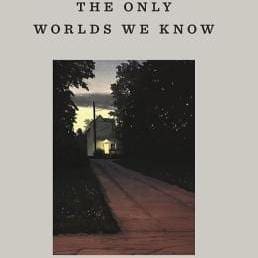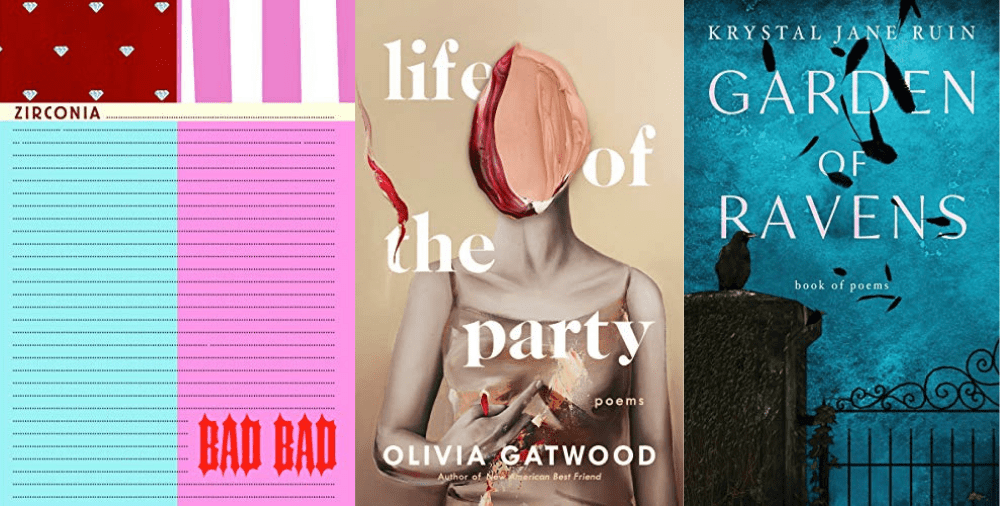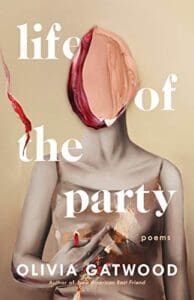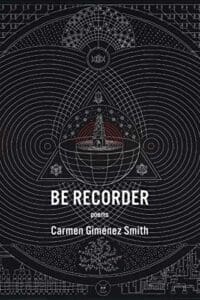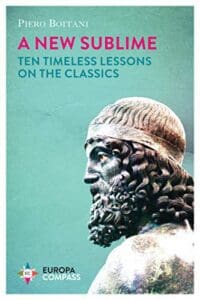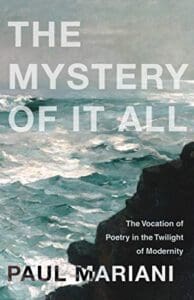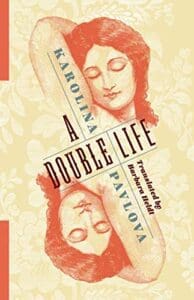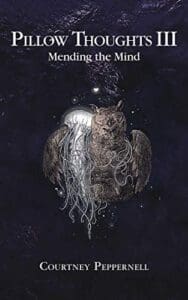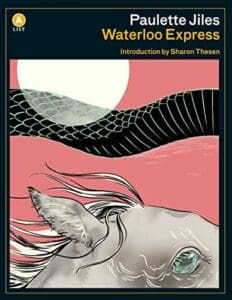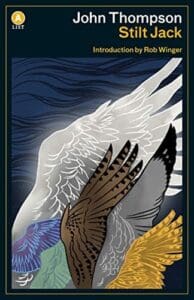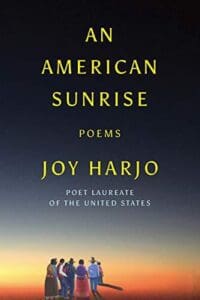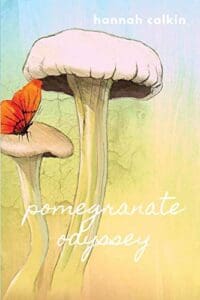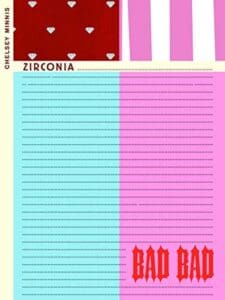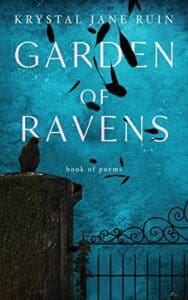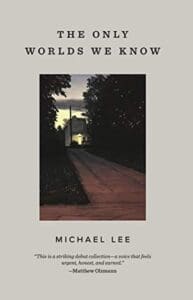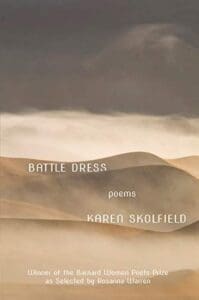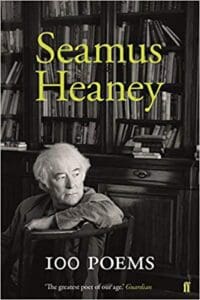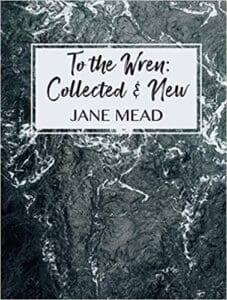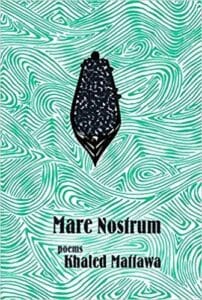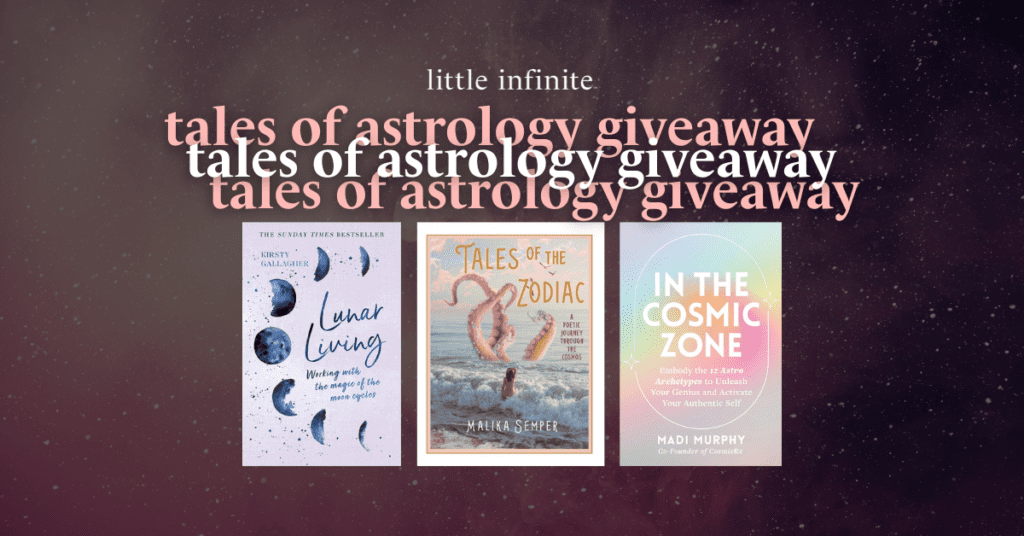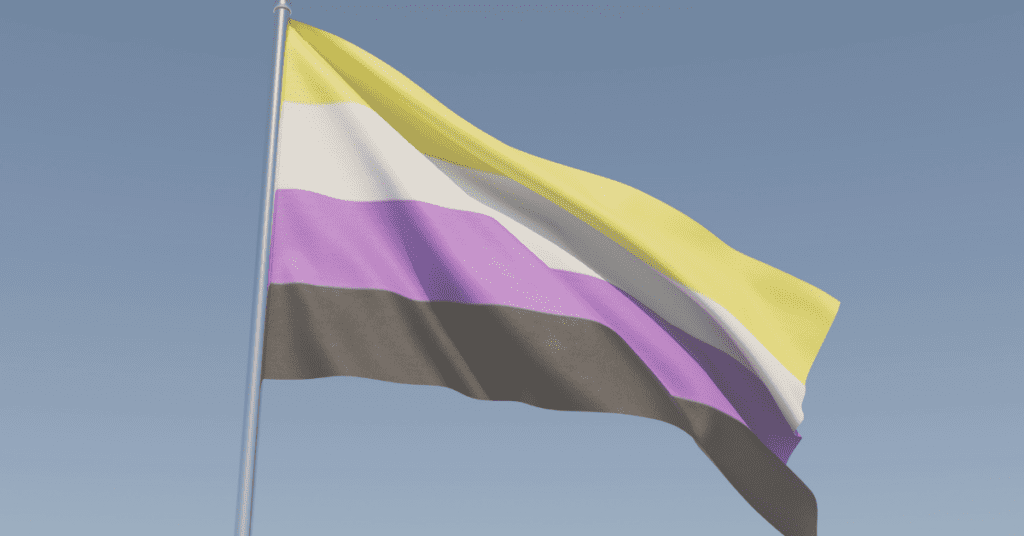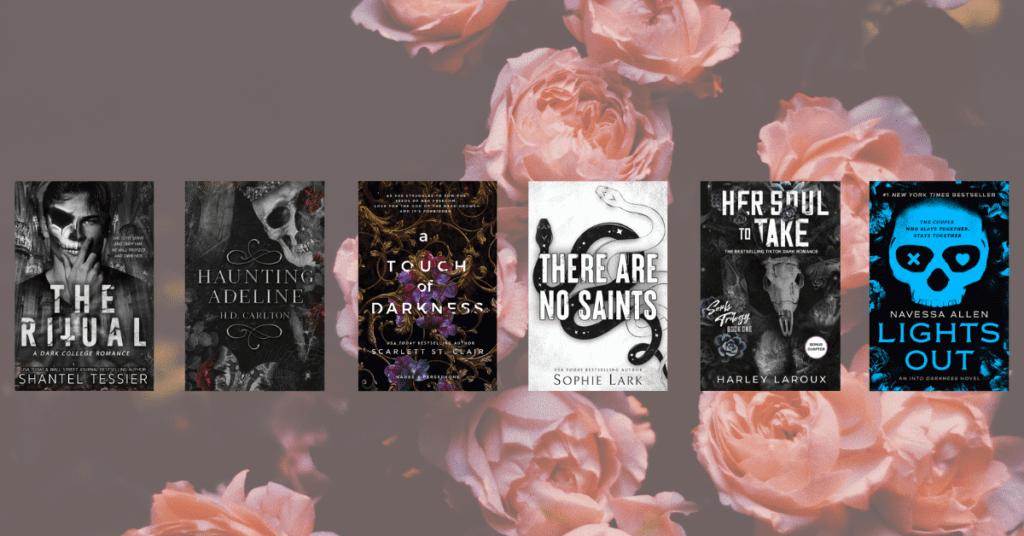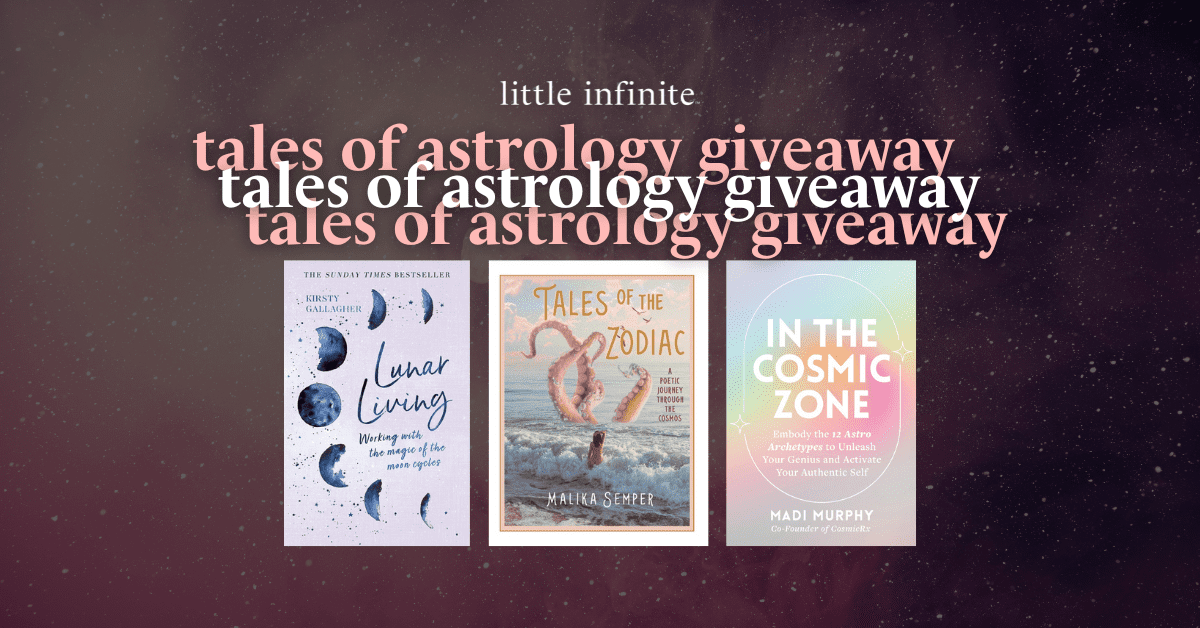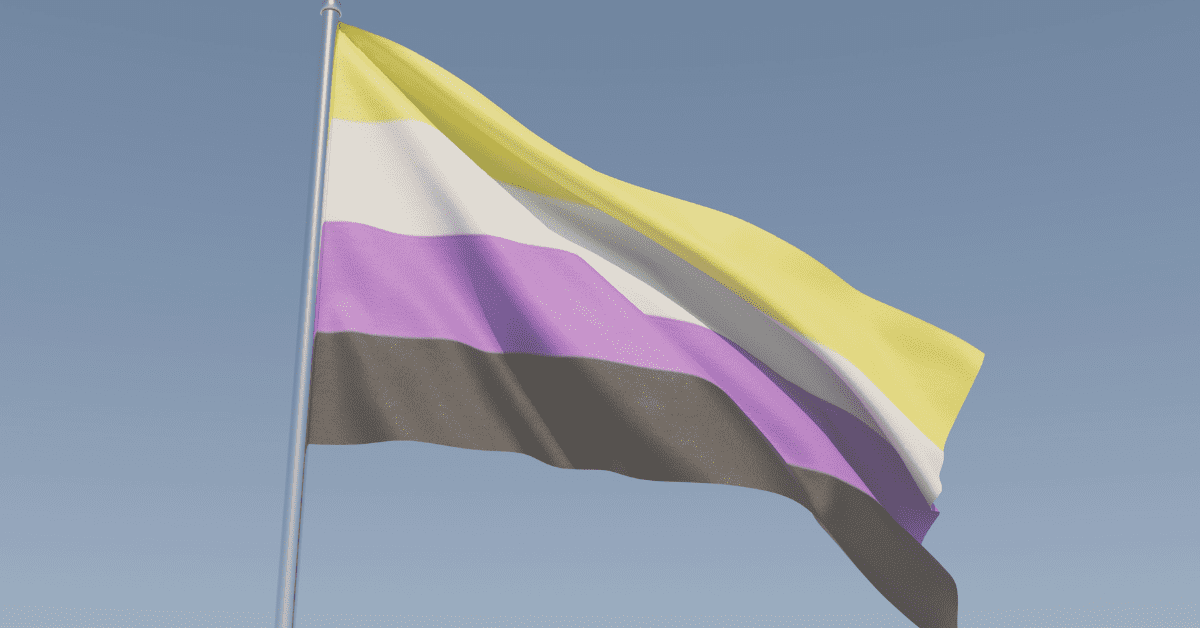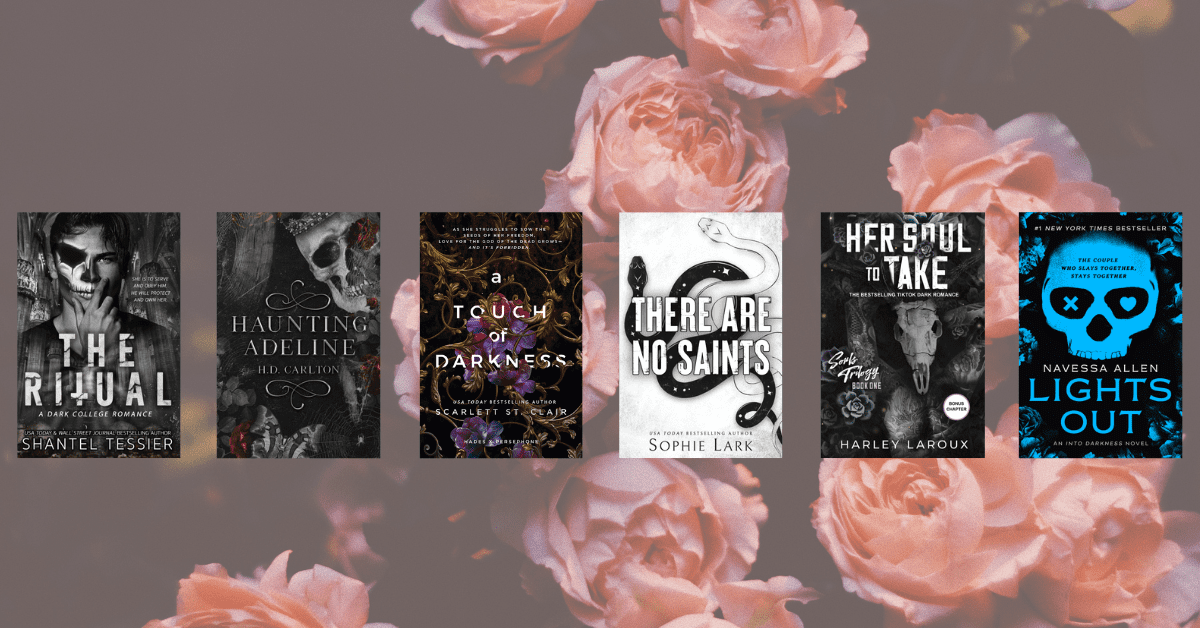The best poets are constantly reading the work of others. These are the new collections lighting our inspiration fires this month.
Editor’s Pick: Life of the Party by Olivia Gatwood
Description: A thrilling new voice in contemporary feminist poetry weaves together her own coming of age with an investigation into our culture’s romanticization of violence against women. In precise, searing language–at times blistering and riotous, at times soulful and exuberant–she explores the boundary between what is real and what is imagined in a life saturated with fear with fear.
Be Recorder by Carmen Gimenez Smith
Description: Carmen Giménez Smith dares to demand renewal for a world made unrecognizable.
Be Recorder offers readers a blazing way forward into an as yet unmade world. The many times and tongues in these poems investigate the precariousness of personhood in lines that excoriate and sanctify. Carmen Giménez Smith turns the increasingly pressing urge to cry out into a dream of rebellion–against compromise, against inertia, against self-delusion, and against the ways the media dream up our complacency in an America that depends on it. This reckoning with self and nation demonstrates that who and where we are is as conditional as the fact of our compliance: “Miss America from sea to shining sea / the huddled masses have a question / there is one of you and all of us.” Be Recorder is unrepentant and unstoppable, and affirms Giménez Smith as one of the most vital and vivacious poets of our time.
A New Sublime by Piero Boitani
Description: Boitani’s presentation of the classics is as entertaining and unexpected as it is informative. He invites the reader to discover the timeless beauty and wisdom of ancient literature, highlighting its profound and surprising connections to the present.
With their emphasis on the mutability and fluidity of identity and matter, their examination of the power and position of women in society, and their enduring treatments of force and subjugation, fate and free will, the ethical life, hospitality, love, compassion, and mysticism, the classics play active roles in our lives and can help us refine our opinions and our values.
Ranging from Homer to Tacitus, with Thucydides, Aristotle Sophocles, Cicero, and many others in between, Boitani’s A New Sublime is a fresh, inspiring reminder of the enduring importance and beauty of the classics of the Western canon.
The Mystery of It All by Paul Mariani
Description: Paul Mariani has spent fifty years writing poetry that celebrates the vibrant sacramentality of life in the twilight of Modernity, and writing the lives of some of our greatest modern poets. This is a life-spanning collection of his prose explorations of what it means to be a person of wonder and imagination.
A Double Life by Barbara Heldt
Description: An unsung classic of nineteenth-century Russian literature, Karolina Pavlova’s A Double Life alternates prose and poetry to offer a wry picture of Russian aristocratic society and vivid dreams of escaping its strictures. Pavlova combines rich narrative prose that details balls, tea parties, and horseback rides with poetic interludes that depict her protagonist’s inner world–and biting irony that pervades a seemingly romantic description of a young woman who has everything. A Double Life tells the story of Cecily, who is being trapped into marriage by her well-meaning mother; her best friend, Olga; and Olga’s mother, who means to clear the way for a wealthier suitor for her own daughter by marrying off Cecily first. Cecily’s privileged upbringing makes her oblivious to the havoc that is being wreaked around her. Only in the seclusion of her bedroom is her imagination freed: each day of deception is followed by a night of dreams described in soaring verse. Pavlova subtly speaks against the limitations placed on women and especially women writers, which translator Barbara Heldt highlights in a critical introduction. Among the greatest works of literature by a Russian woman writer, A Double Life is worthy of a central place in the Russian canon.
Pillow Thoughts 3: Mending the Mind by Courtney Peppernell
Description: In a voice that is inclusive and open to all, Courtney Peppernell presents a tribute to her readers in the third installment of her bestselling Pillow Thoughts series. A beautifully raw and poignant collection of poetry and prose, Pillow Thoughts III continues the series from poet Courtney Peppernell. Fix yourself a warm drink and settle into Peppernell’s words as she pens a tribute to her readers who are bravely continuing their journey from hurt to healing.
Waterloo Express by Paulette Jiles
Description: Originally published in 1973, Paulette Jiles’s first collection amazed audiences with its rare depth of texture and verbal dexterity. Her work moves through landscapes that range from Africa to Mexico to Toronto with the ease of a traveling magician. Her swift, intricate metaphors leave the reader breathless, but her work also manages to be straight, earthy, vernacular, and disturbingly perceptive.
Stilt Jack by John Thompson
Description: Originally published in 1978, Stilt Jack is a series of powerful soliloquies on the complexity of love and the process of living. These are made immediate through Thompson’s command of metaphor, his eye for maritime landscape, his intense, often elliptical way of transfiguring everyday things into shorthand symbols of reality. This remarkable sequence of poems is based on the ghazal, an ancient Persian poetic form which is discussed in Thompson’s introduction to the original edition of the book.
These poems more than fulfill the promise of Thompson’s first collection, At the Edge of the Chopping There Are No Secrets. Stilt Jack is the last testament of a major poet at the pinnacle of his craft.
An American Sunrise by Joy Harjo
Description: In the early 1800s, the Mvskoke people were forcibly removed from their original lands east of the Mississippi to Indian Territory, which is now part of Oklahoma. Two hundred years later, Joy Harjo returns to her family’s lands and opens a dialogue with history. In An American Sunrise, Harjo finds blessings in the abundance of her homeland and confronts the site where her people, and other indigenous families, essentially disappeared. From her memory of her mother’s death, to her beginnings in the native rights movement, to the fresh road with her beloved, Harjo’s personal life intertwines with tribal histories to create a space for renewed beginnings. Her poems sing of beauty and survival, illuminating a spirituality that connects her to her ancestors and thrums with the quiet anger of living in the ruins of injustice. A descendant of storytellers and “one of our finest–and most complicated–poets” (Los Angeles Review of Books), Joy Harjo continues her legacy with this latest powerful collection.
Pomegranate Odyssey by Hannah Calkin
Description: Pomegranate Odyssey is a celebration of women in fairy tales and mythology through a series of narrative and lyrical poems. From Rapunzel to Persephone and girlhood to womanhood, Calkin explores the evolution of the archetypal female protagonist in classic literature and modern culture.
Zirconia ………… Bad Bad by Chelsey Minnis
Description: Collected in this volume are Chelsey Minnis’s first two books: Zirconia (winner of the Alberta Prize) and Bad Bad. Zirconia introduced a speaker described as “half-smirking, half-weeping” by the Village Voice. Minnis heralded the gurlesque, a term coined for the occasion and defined as “a feminine, feminist incorporating of the grotesque and cruel with the spangled and dreamy.” Bad Bad ushers Zirconia’s juvenile persona into unblushing womanhood. The poems are equally clownish and fuck-offish, taking on with equivocal weightlessness the lexicons and trimmings of fashion, as it applies to the Self and the garments that clothe the Self, and self-obliteration. Minnis addresses the inner needs of the poet–“the purpose of poetry is to seem as lifelike as possible so that you actually exist.”
Garden of Ravens by Krystal Jane Ruin
Description: A collection of dark poetry that journeys through folklore, twisted tales, mental breakdowns, and depression.
We hide in shadows
We wither under layers
Sunlight is for beautiful people
Darkness is for us
The Only Worlds We Know by Michael Lee
Description: Michael Lee’s The Only Worlds We Know is a meditation on sobriety and survival. The Only Worlds We Know is a nuanced and tactile look at both addiction, and what comes after. Patient meditations on loss and the land where the people we love live and are also buried. Includes poems such as “Waking Up Naked”, “The Addict, a Magician”, “The Pill”, and “Just Yesterday” that have been watched by millions online.
Battle Dress by Karen Skolfield
Description: In a poetic voice at once accessible and otherworldly, gutsy and insightful, U.S. Army veteran Karen Skolfield offers a rare glimpse of a female soldier’s training and mental conditioning. Through the narratives of a young soldier, her older counterpart, and her fellow soldiers, Skolfield searches for meaning in combat preparation, long-term trauma, and the way war is embedded in our language and psyche.
100 Poems by Seamus Heaney
Description: Coinciding with the National Library of Ireland launching a major exhibition dedicated to the life and work of Heaney, this volume is a singular, accessible collection for new and younger readers that has the opportunity to reach far and wide, now, and for years to come.
To the Wren by Jane Mead
Description: This massive collection houses Mead’s life’s work: seven books spanning twenty-seven years. Follow chronologically through decades and become captivated by heartfelt muses on loss, madness, danger, grief, isolation, and self-identity. Her poems explore spaces we often try to ignore and finds a comfortable middle-ground. Mead candidly and openly weaves together pain and joy until it meshes into glimpses of humanity.
Mare Nostrum by Khaled Mattawa
Description: “On the bridges to those slippery worlds, we are wrapped in gold foil, disease-free. Who is saving whom? The question’s not stated, only implied.” In 2013, the Italian government implemented Mare Nostrum, an operation intended to limit immigration from Africa and the Middle East to European countries. For the refugees, the journeys were harrowing, often ending in shipwrecks or imprisonment, and the arrivals were wracked with uncertainty. Here, the poet Khaled Mattawa conjures a pointed, incantatory account of the refugee experience in the Mediterranean. In reclaiming the operation’s name Mare Nostrum (our sea in Latin), he renders us culpable for the losses, and responsible to those risking their lives in pursuit of hope and respite from oppression. The voices are many, and the lyrics ritualistic, as if Mattawa has stirred ghosts from the wreckage. Part narrative, part blessing, this chapbook begs of its readers: Do you remember? Mattawa’s writing is a lighthouse for politics of the twenty-first century, and this chapbook a stunning memorial.
Shop This Article:

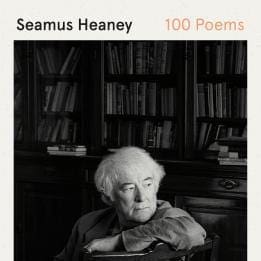
$22.50
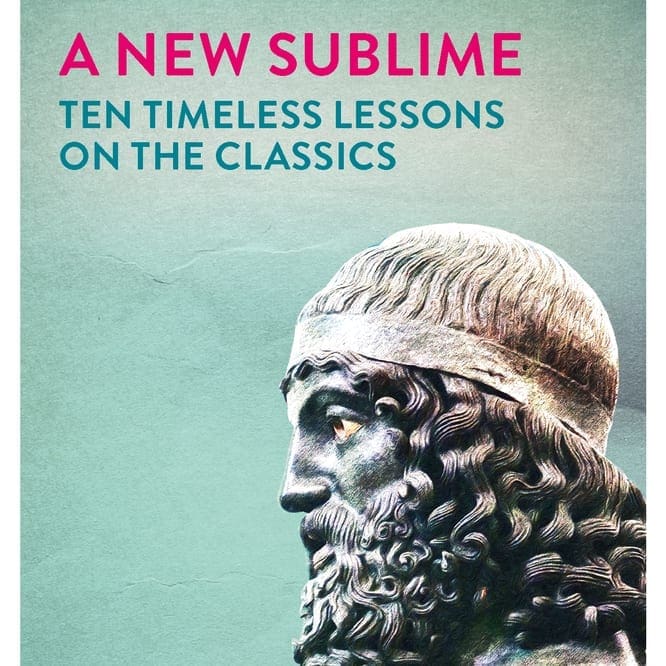
$16.56
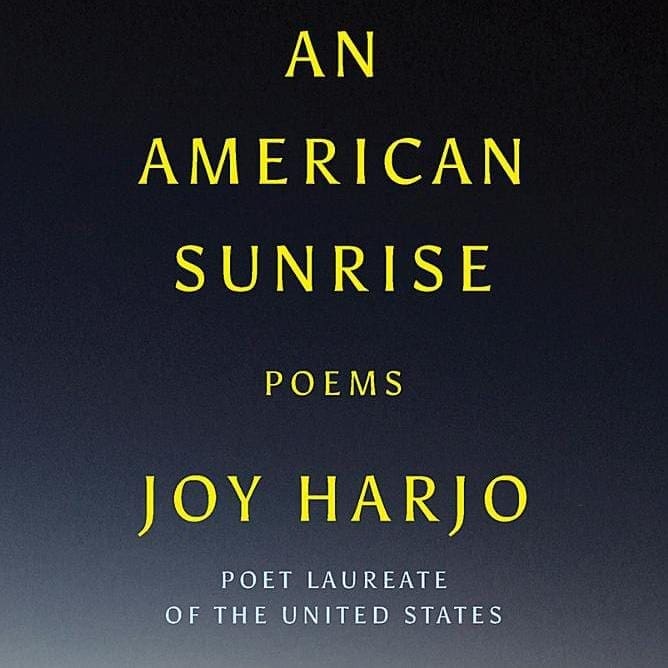
$23.36
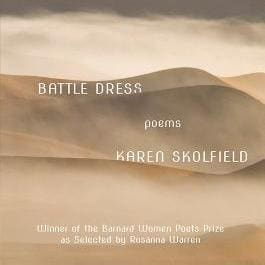
$14..67
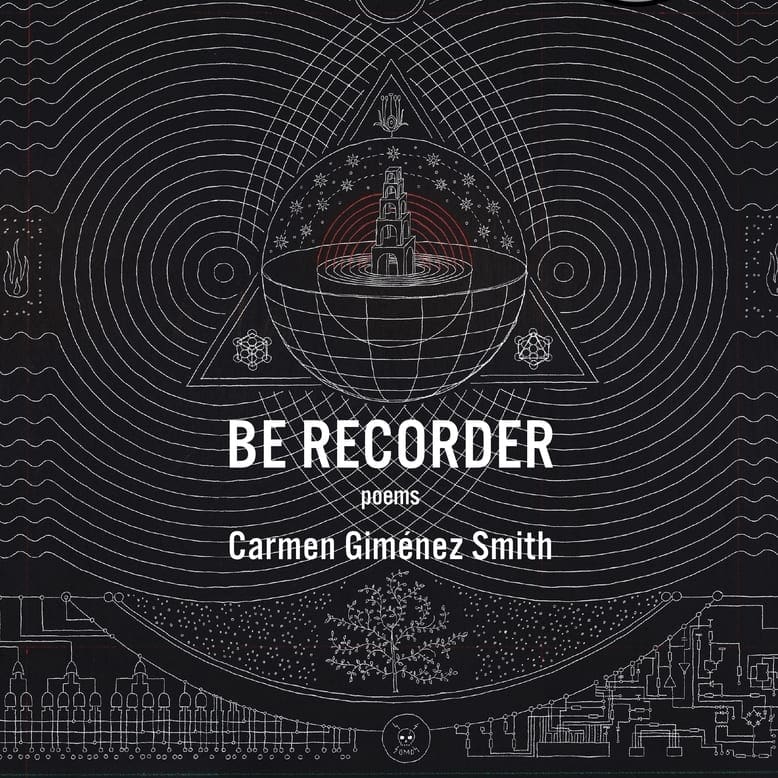
$14.72
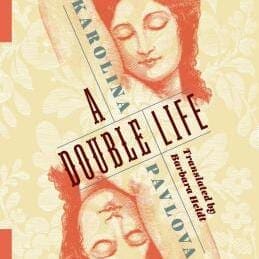
$13.75
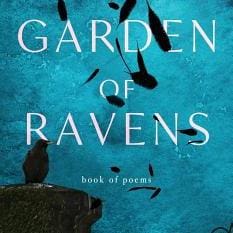
$16.99
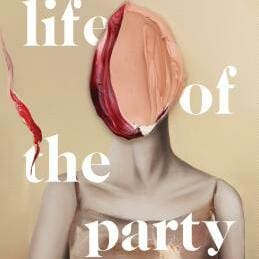
$15.64
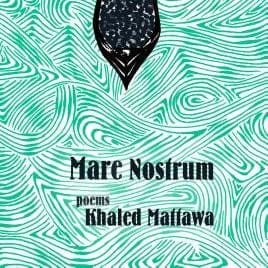
$9.20
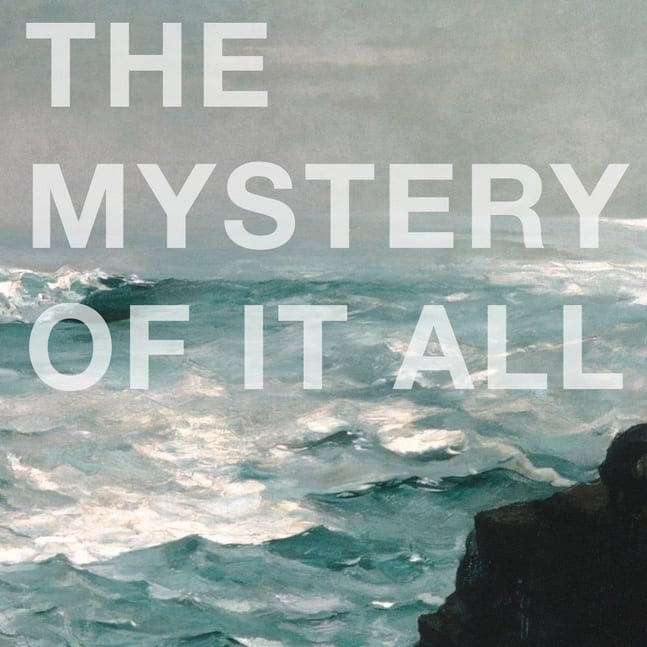
$22.50
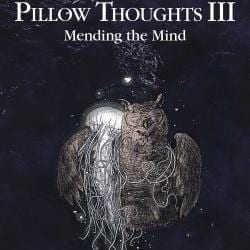
$15.63
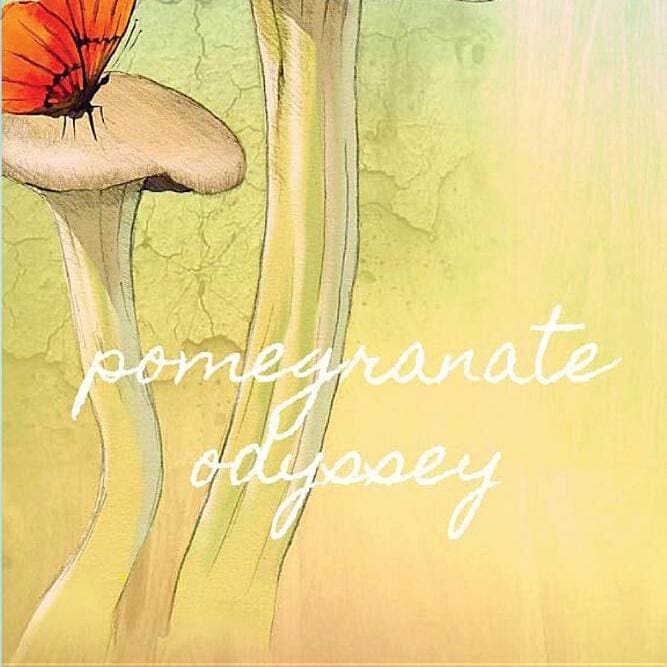
$14.72
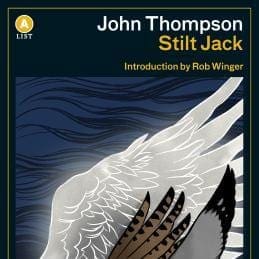
$15.59
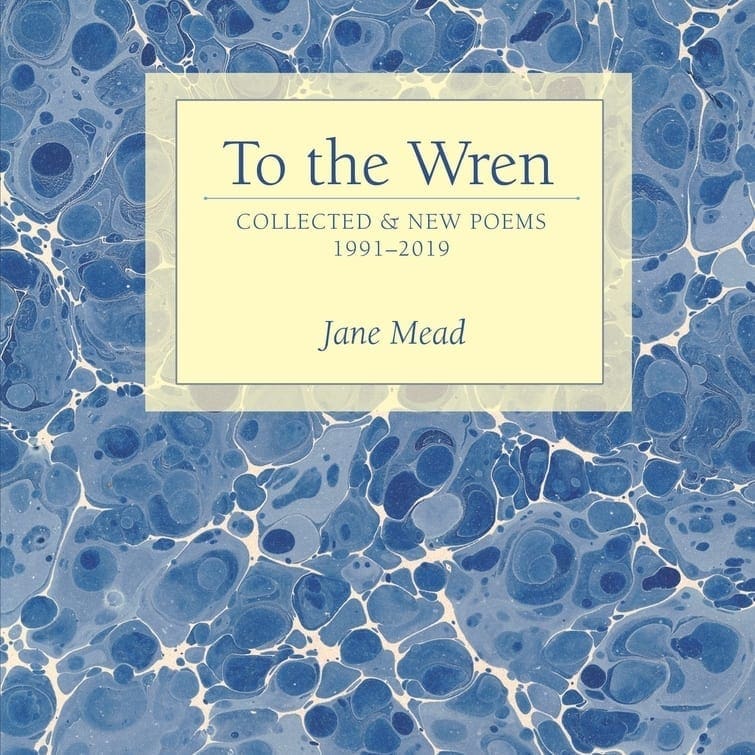
$26.96
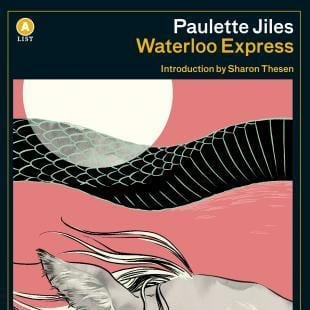
$15.59
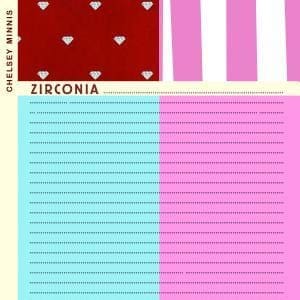
$16.56
